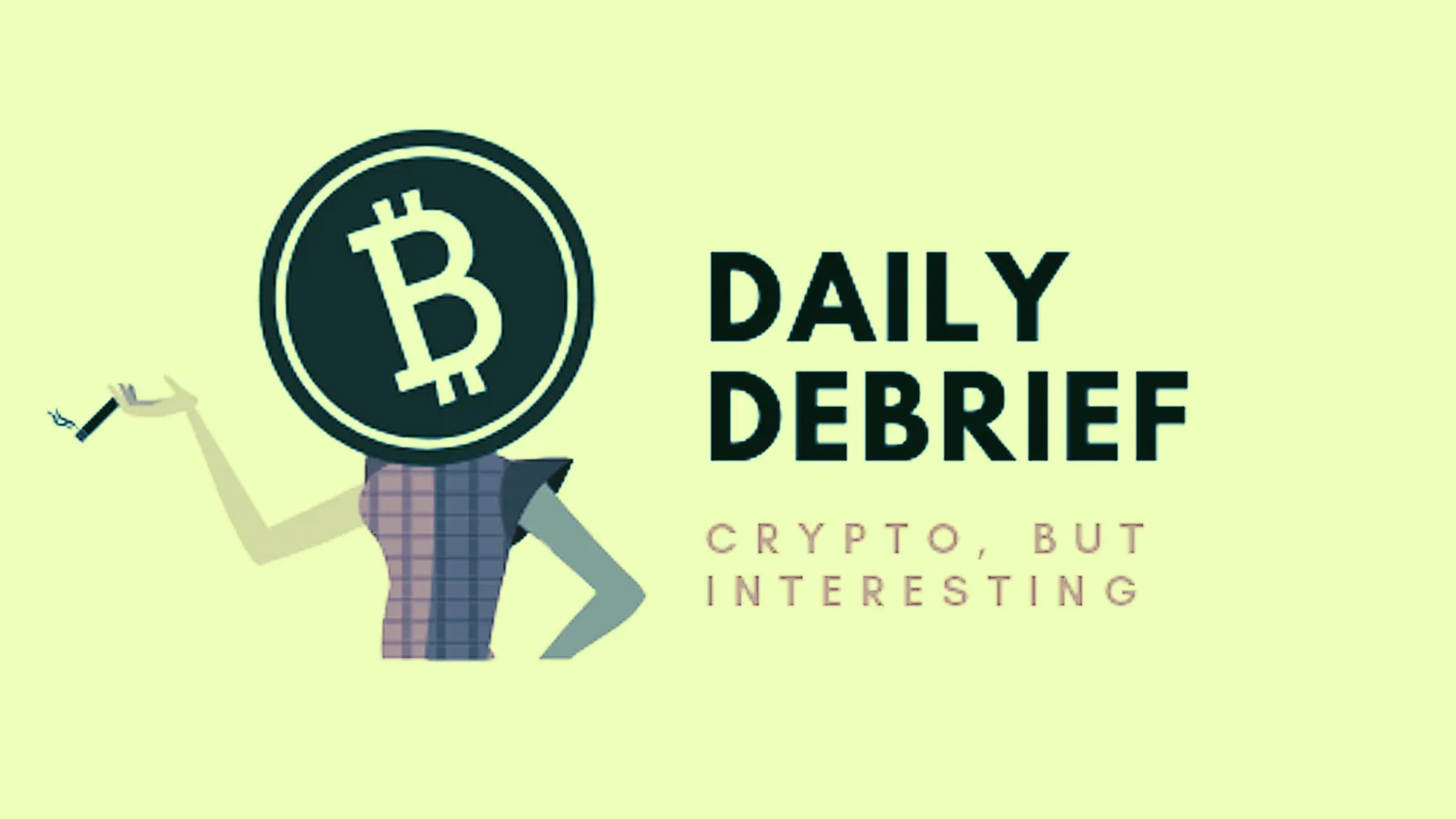Santa Clara University professor of finance Atulya Sarin wrote on December 3 that the current mass exodus of bitcoin’s miners would grind transactions to a halt before mining rewards could re-adjust, sending the network into a cataclysmic “death spiral.”
Perhaps because Nouriel Roubini mentioned it in a tweet, crypto news outlets world-wide have taken to their editorial pages to attempt to dismantle Sarin’s argument. I read all two of them so you don’t have to.
CryptoGlobe: “No, Bitcoin is not entering a ‘Death Spiral’"
The counterargument:
- First part: People made a “similar" argument in April 2016 amid that year’s “
halvening
- Second part: “Difficulty adjustment” will make mining easier and
less costly to accommodate decreasing numbers, keeping transactions at their current speed. (Sarin’s point, however, is that “difficulty-adjustment” bears no direct relation to the price of bitcoin itself. It just makes mining cheaper. And no matter how much cheaper mining becomes, that may not be enough to draw back miners unsettled by the drop in prices.)
CoinJournal: "Debunking the Bitcoin Death Spiral Theory"
The counterargument:
- First part: Some very convoluted hypotheticals that I didn’t understand and, by the sounds of it, neither did the author. (The substance of it, at least, just seems like a reiteration of “difficulty adjustment.”)
- Second part: Again, literally no idea. Try parsing it yourself.
Publicity Coins
Remember privacy coins? Cryptocurrencies like monero and zcash, which are supposed to be more difficult for people to spy on?
Well, the US Department of Homeland Security is getting anxious about people using these to buy heroin/bankroll ISIS/whatever, and wants YOU to start sending it hot tips on how it can better hunt privacy coin transactions down, like it does with less private cryptocurrencies like bitcoin.
Specifically it wants “solutions" — on-chain or off-chain — "that enable law enforcement investigations to perform forensic analysis on blockchain transactions.”
It’s worth mentioning that the DHS isn’t yet actively doing any research itself on privacy coins at this point; the call for tips is a “pre-solicitation request,” meaning it’s basically just trying to read the room before it begins a full investigation.
Still, why do they openly announce this stuff? They’ll just drive Monero users to more-private privacy coins, and then to even-more private privacy coins, and then to a rudimentary system of one-heroin-for-one-goat bartering, and then the most private privacy coin of all—cash.
G20 20/20 on crypto
Finance ministers at the G20 meet-up in Argentina decided among themselves that it would be a good idea to regulate cryptocurrencies to better stop fraudsters, criminals, and money launderers.
Here’s the takeaway quote from the official communique: “We will regulate crypto-assets for anti-money laundering and countering the financing of terrorism in line with FATF [the intergovernmental Financial Action Task Force] standards and we will consider other responses as needed.”
What a thought! Let’s hope they bother sharing what those regulations are this time.
Routing the Ripple army
After one too many Ripple fans abused him on Twitter, Dogecoin creator Jackson Palmer decided to take matters into his own hands, uploading an open source script that would, apparently, block all Ripplers from his Twitter feed. Who knew you could even do that? Maybe XRP shills are all literally just robots and he found a kill-switch?
Whatever it is, it's a game changer. Better than our method of having our attorneys send Twitter abusers painstakingly handwritten cease-and-desist letters. This seems far more efficient.





